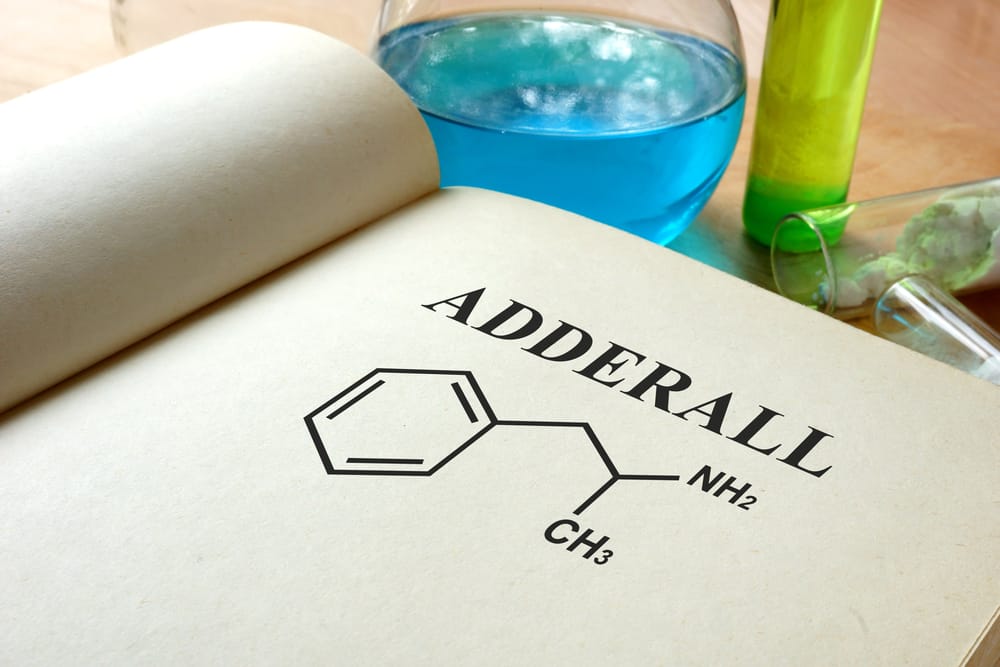Addiction Treatment
How Does Adderall Work?
Written By:

Table of Contents
Adderall is a stimulant that is prescribed primarily to treat attention deficit disorder. The drug itself is a blend of four different amphetamines. Researchers do not fully understand how Adderall achieves its effects of increasing concentration and memory, but those effects are very well understood within many different groups of individuals who value concentration and focus, including professional athletes, businessmen and executives in high-stress jobs, and college students. Anecdotal evidence suggests that Adderall is the most commonly-abused and misused prescription medication on American college campuses. College students use Adderall not only to increase their focus to facilitate more intense studying sessions, but also to stay focused when they plan a night out that will include drinking and partying.
How Adderall Works
The active ingredients in Adderall have been widely available for more than eighty years and the United States Food and Drug Administration has performed or sponsored countless studies on the safety and efficacy of those ingredients. Many of those studies have verified the overall safety of the drug, but it is classified as a Schedule II stimulant. This means that the drug has a high potential for abuse and addiction. At a minimum, Adderall use can be habit forming and an individual can become psychologically dependent upon Adderall. Over time, users will develop a tolerance to the stimulant effects of Adderall and will need larger and more frequent doses of it to produce and maintain the same effects as were originally felt with lower doses.
Adderall Abuse and Effects
Adderall abusers will often use the drug in combination with other substances, including alcohol, cocaine and marijuana. The combined effects of multiple drugs can be extremely dangerous, particularly if those drugs have counterbalancing effects. Hospital emergency rooms that have treated individuals for alcohol poisoning and other drug overdoses frequently find evidence of Adderall in those patients’ systems.When used properly and under close medical supervision, Adderall has definite positive benefits with few dangerous side effects other than loss of appetite. The benefits of Adderall are experienced by roughly nine out of ten patients. Inexplicably, a small patient population experiences none of Adderall’s benefits, even with increased dosages. Because of the high demand for Adderall among younger people and college students, some individuals who have legitimate Adderall prescriptions might be tempted to share their supplies with friends. Sharing prescription drugs in general, and distributing Adderall in particular is a criminal felony offense. Adderall is not 100% safe for every user, and person who receives Adderall other than as prescribed by a physician is taking serious risks with his or her health and well-being. Moreover, the person who gives or sells his Adderall prescription to third parties is exposing himself to criminal liability, as well as civil liability in the event that the recipient of the drug suffers any injuries as a result of taking the drug.Adderall is not a substitute for natural focus and concentration. Individuals who use and abuse Adderall as a tool to increase their focus and concentration are on a path to greater levels of drug abuse.
If you are using Adderall improperly or if you have any other questions about the effects and uses of Adderall, please contact the counselors and therapists at the Last Resort Recovery Center (near Austin, Texas) at 512-360-3600. We can help you end your Adderall abuse and give you suggestions for improving your focus and concentration without an artificial pharmaceutical stimulus.
